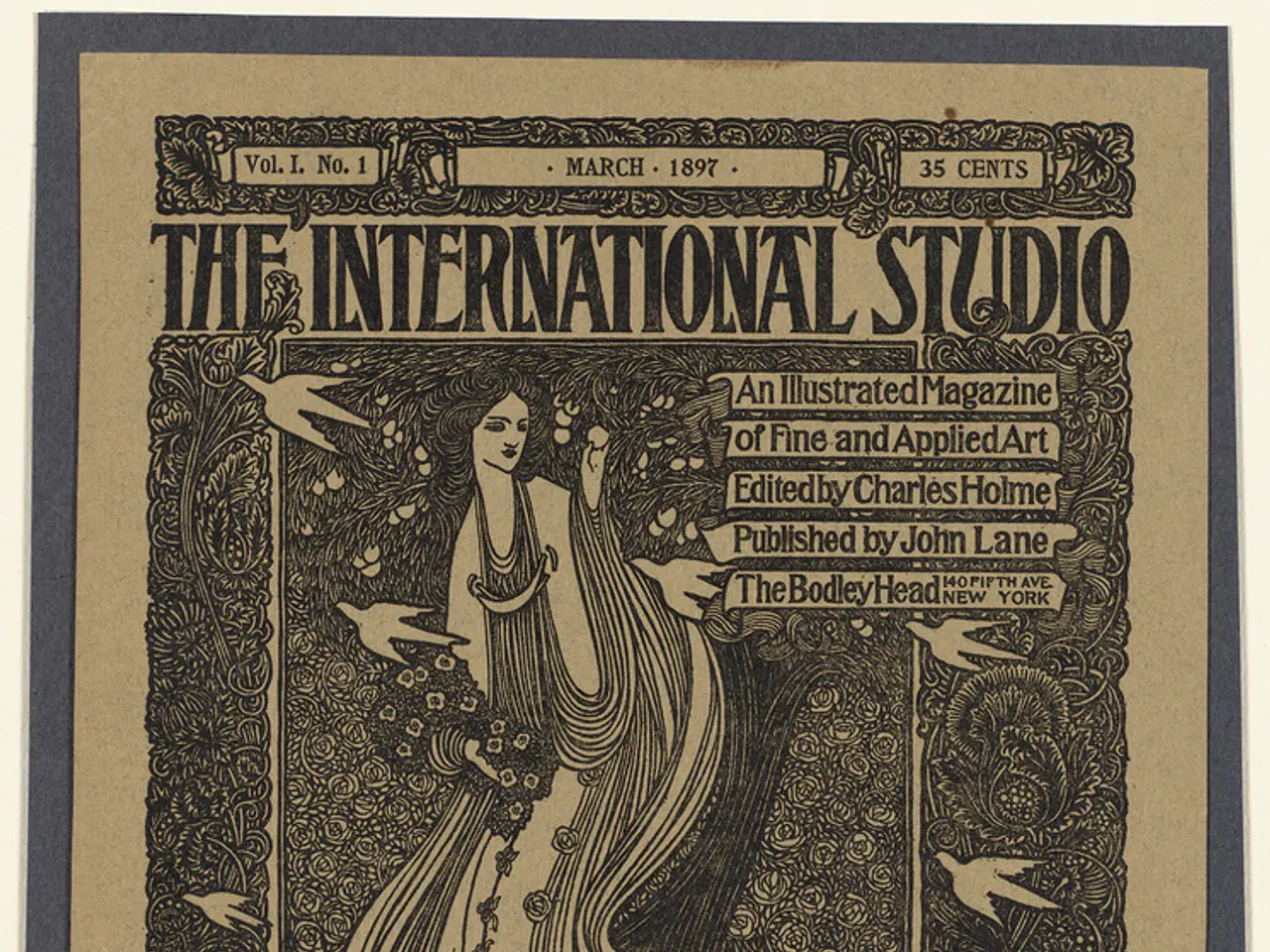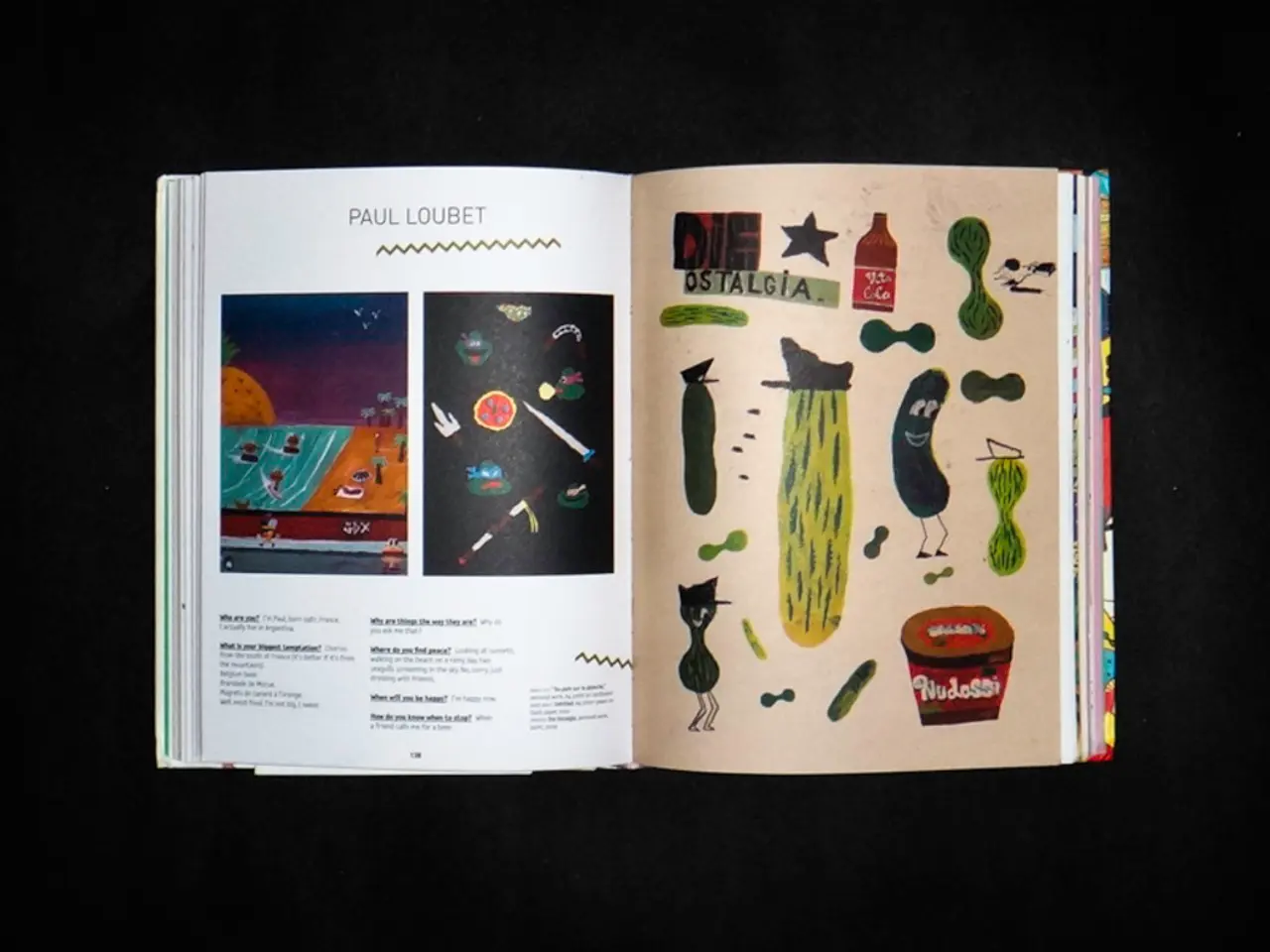Director of the "Twilight" movie, Mickriger, expresses gratitude for a cupcake
In the world of film, the Twilight saga has left an indelible mark on the vampire genre, with its captivating storylines and iconic characters. However, the success of the series has also shed light on a less celebrated aspect – gender pay disparities within the industry.
Catherine Hardwicke, the director of the first Twilight film, shared her experience of the celebration for the film's success with the British newspaper, The Guardian. Contrary to the grandeur one might expect, Hardwicke walked into a room full of gifts and congratulating studio members, only to find a mini cupcake in a box waiting for her.
Hardwicke's story echoes the broader trends in the film industry, where gender pay disparities are prevalent. Women generally earn less than men for equivalent work, a phenomenon observed across various sectors, including film and television. Despite progress in representation on-screen, women remain underrepresented in key roles behind the camera, including directing and writing positions. This underrepresentation is often linked to lower pay and fewer opportunities for career advancement.
In the U.S., women represented about 15.4% of all movie directors in 2024, a figure that highlights the lack of diversity in these roles. This imbalance can contribute to pay disparities, as women may have fewer opportunities for high-paying positions.
While specific data on gender pay disparities in vampire films like the Twilight series is not readily available, it is reasonable to infer that these films likely follow broader industry trends. Women are prominent in lead roles in many vampire films, including the Twilight series. However, the pay for these roles may not be equitable compared to male leads, reflecting broader industry disparities.
The underrepresentation of women in directing and writing positions in vampire films could also contribute to pay disparities, as these roles are often better compensated than acting positions.
In the case of the Twilight saga, while Catherine Hardwicke's success with the first film was not followed by further opportunities in the series, her male colleagues received cars, deals for three more films, or free passes for further projects for their success.
As the film industry continues to evolve, addressing these disparities is crucial. A more equitable industry would not only foster a more diverse range of voices but also ensure that the hard work and contributions of all involved are recognised and rewarded fairly.
The director of the first Twilight movie, Catherine Hardwicke, experienced a stark contrast in the celebration of the film's success, receiving a meager mini cupcake while her colleagues were showered with lavish gifts. This incident mirrors the gender pay disparities prevalent in the film industry, where women generally earn less than men for equivalent work, even in sectors like movies-and-tv and entertainment. By rectifying these disparities, not only would the industry become more diverse, but it would also ensure a fair service to all contributors.






